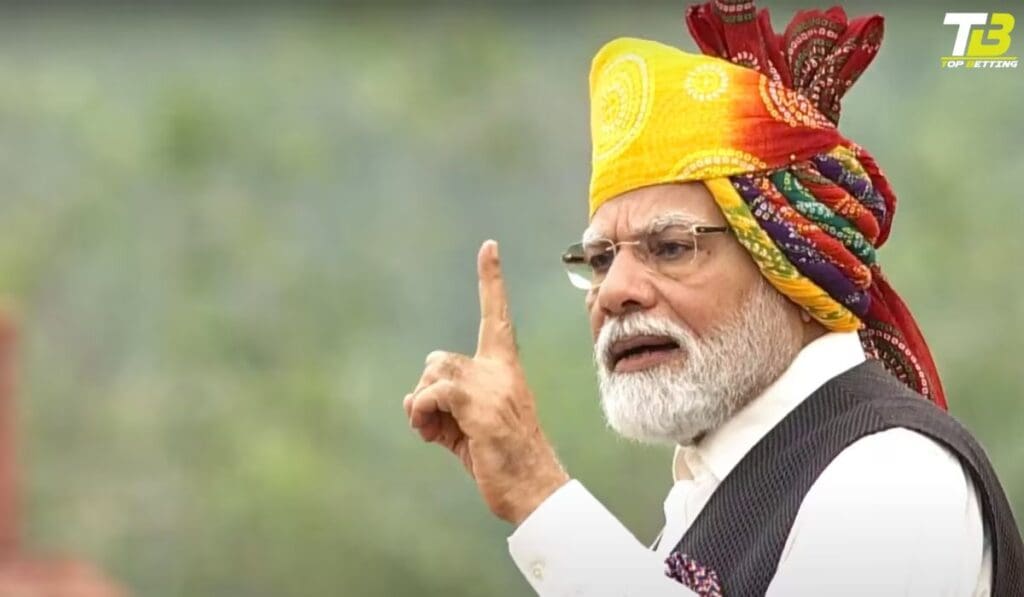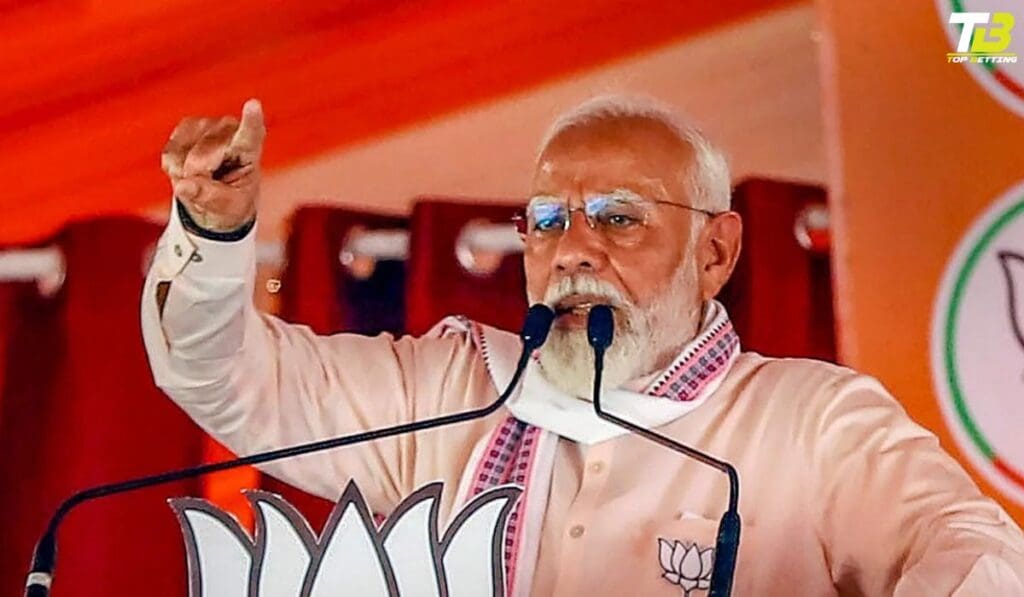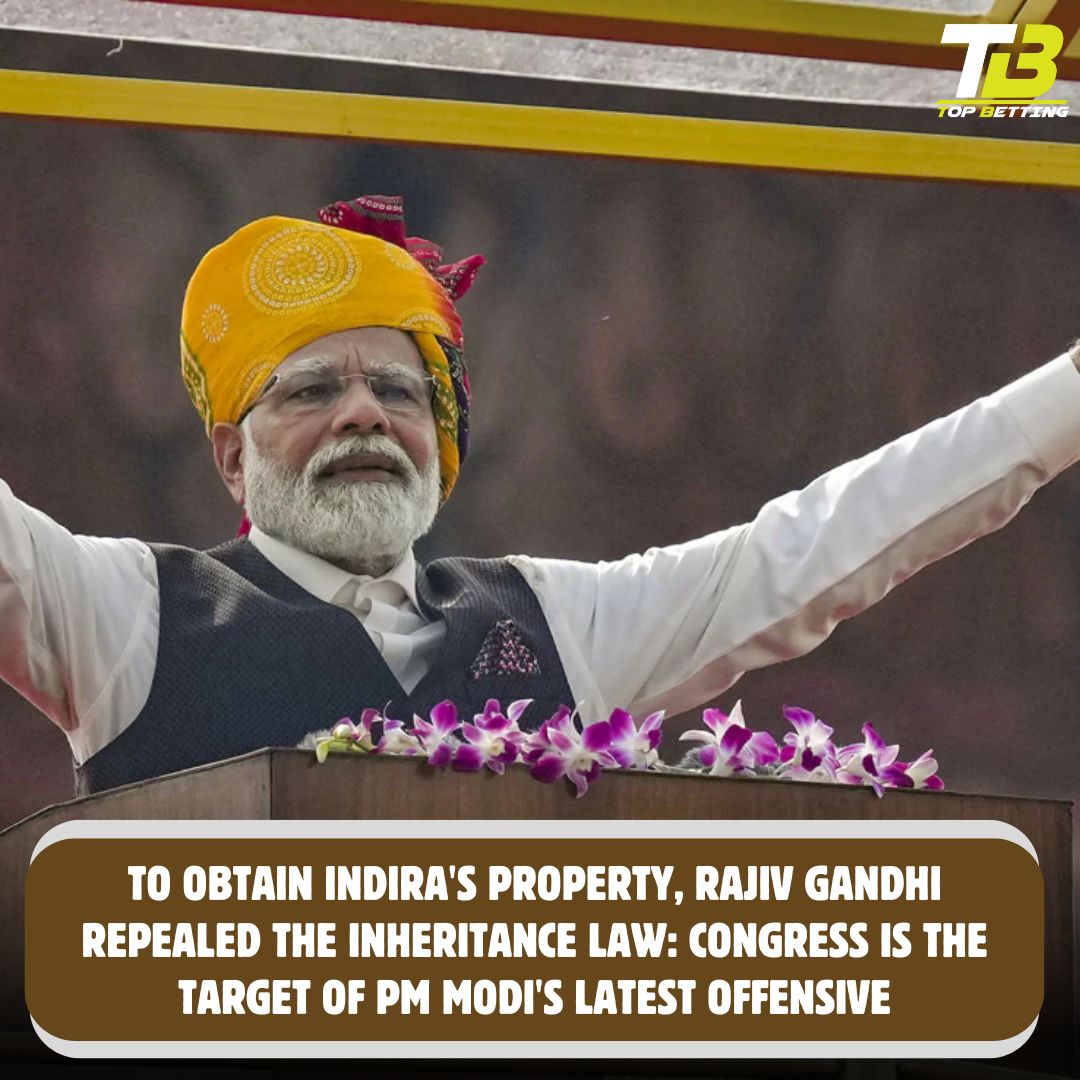
Rajiv Gandhi repealed the inheritance law | PM Modi
Introduction
In a recent political rally, Prime Minister Narendra Modi launched a scathing attack on the Congress party, accusing former Prime Minister Rajiv Gandhi of scrapping the inheritance law to protect his family’s wealth. This allegation has ignited a fresh controversy and revived discussions about the inheritance tax and its implications. In this article, we will delve into the historical context, examine the claims made by PM Modi, and explore the responses from the Congress party.
Historical Context of the Inheritance Law
To understand the significance of Rajiv Gandhi’s alleged decision to abolish the inheritance law, we must first look at the historical context. Inheritance tax, also known as estate tax or death duty, is a tax imposed on the transfer of property from a deceased person to their heirs. It is a mechanism employed by governments worldwide to redistribute wealth and ensure a fairer distribution of resources.
PM Modi’s Accusation: Protecting Family Wealth
During his speech, PM Modi claimed that Rajiv Gandhi abolished the inheritance law to safeguard his family’s wealth from being seized by the government. He asserted that after accumulating wealth over four generations, the Congress party now aims to loot the wealth of the people.
According to PM Modi, when former PM Indira Gandhi passed away, her children were set to inherit her property. However, a rule at the time dictated that a portion of the property would be taken by the government before it reached the heirs. To prevent this, Rajiv Gandhi allegedly scrapped the inheritance law, thereby protecting the family’s wealth.
Rahul Gandhi of the Congress was criticized by Prime Minister Narendra Modi for “insulting him”. He claimed that some people were offended that the nation’s prime minister was being disparaged in this way.
“I request everyone that please don’t be sad, don’t be angry, they are ‘Naamdar’ and we are ‘Kaamdar’,” he said.
In Karnataka, PM Modi accused the Congress of fraudulently adding Muslims to the OBC category.
He maintained there has never been any religious discrimination by his government. He claimed that 80 crore people had received free rations without facing any discrimination.
“Congress says Muslims have the first right on the country’s resources while I am saying that the poor have the first right on it,” he stated.
Congress’ Response: Denial and Counterarguments
The Congress party swiftly responded to PM Modi’s allegations, categorizing them as lies. They emphasized that Rajiv Gandhi did not abolish the inheritance law for personal gain but rather as a step towards progressive tax reforms. They highlighted a budget speech by the then Finance Minister VP Singh in 1985, which outlined the reasons for scrapping the inheritance tax.
In the budget speech, Singh argued that the existence of separate laws for wealth tax and estate duty created procedural harassment for taxpayers and the heirs of the deceased. He stated that estate duty had not achieved its objectives of reducing wealth inequality and financing development schemes. Singh proposed the abolition of estate duty to streamline the tax system and alleviate the burden on taxpayers.

The Inheritance Tax Controversy
The controversy surrounding the inheritance tax is not limited to Rajiv Gandhi’s alleged decision to abolish it. In recent times, discussions about reintroducing the inheritance tax have gained momentum as a means of addressing wealth inequality. Proponents argue that it would help redistribute wealth and fund social welfare programs, while opponents contend that it would discourage entrepreneurship and hinder economic growth.
Congress’ Stance on Inheritance Tax
While the Congress party denies the allegations made by PM Modi, it is worth noting that some members have expressed support for the reintroduction of the inheritance tax. Sam Pitroda, a senior Congress leader, recently made remarks suggesting that the party is considering implementing an inheritance tax. These comments further fueled the ongoing debate surrounding wealth distribution and the role of taxation.
Public Opinion and Political Ramifications
The allegations made by PM Modi and the subsequent responses from the Congress party have sparked intense discussions among the public and the political fraternity. Both supporters and critics have voiced their opinions, with some questioning the timing and intent behind PM Modi’s allegations. As the Lok Sabha elections approach, this controversy could potentially impact voter sentiment and political alliances.

Conclusion: Unraveling the Truth
The controversy surrounding Rajiv Gandhi’s alleged decision to abolish the inheritance law highlights the intricacies of taxation, wealth distribution, and political rhetoric. While PM Modi accuses the Congress party of protecting their family wealth, the Congress vehemently denies these claims, citing progressive tax reforms as the motive behind scrapping the inheritance tax.
As the political landscape continues to evolve, it is crucial for citizens to critically analyze the statements made by political leaders and evaluate the potential impact on governance and policy-making. In the case of the inheritance tax, the debate serves as a reminder of the complex relationship between wealth, taxation, and social welfare.











